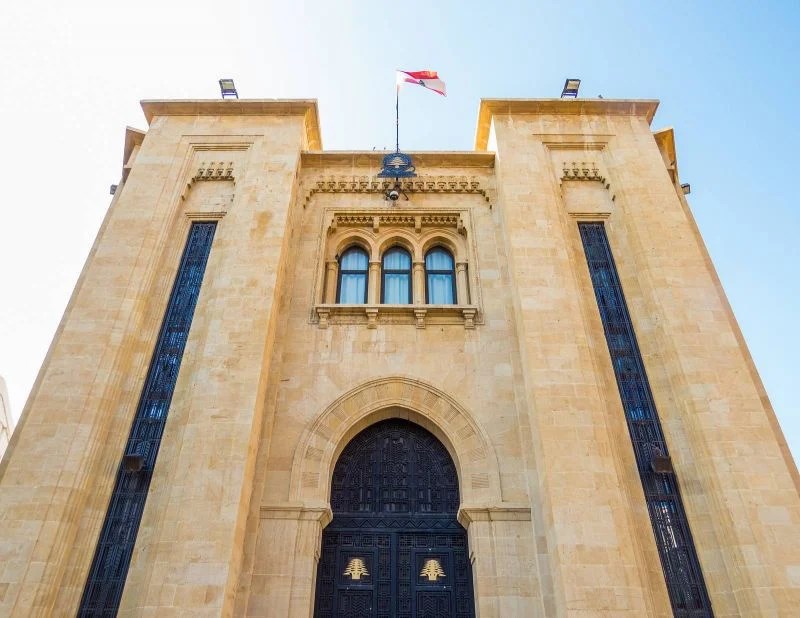Lebanese 2022 budget passes, falls short of IMF reform
In light of Lebanon's three-year financial collapse, the 2022 budget was approved by the Lebanese parliament.
-

Lebanese parliament (Diego Fiore/Bigstock)
The 2022 budget was approved by the Lebanese parliament on Monday, but it fell short of the economic reforms needed to open the door for an IMF agreement since the exchange rate used to calculate customs tax receipts is far lower than the market value of the Lebanese pound.
An agreement with the lender of last resort is viewed as the first and most important move Lebanon must take to start recovering from a three-year financial collapse that has left the majority of the population in poverty and that has thrown the nation into its worst crisis since the 1975–1990 Civil War.
In April, a staff-level agreement between Lebanon's government and the International Monetary Fund (IMF) revealed that authorities should enhance revenues by computing customs duties at a "unified exchange rate" in order to finance the crippled public sector and permit for increased social spending.
But despite the market rate being at around 37,000, parliament approved a rate of 15,000 pounds in exchange for the dollar.
Officials believe that it would be unpopular in the heavily import-dependent nation to approve a higher exchange rate for imports.
With only three months left in the year, the budget, which was authorized, estimated spending at 41 trillion Lebanese pounds, or just $1.1 billion at the market rate on Monday, and revenue at 30 trillion Lebanese pounds.
Read next: IMF may be discontented with Lebanon 2022 budget: Economy Minister
Since the last budget before the crisis in 2019 was worth more than $16 billion, the Lebanese pound has appreciated by more than 95%, resulting in a significant decline in its hard-currency value.
All public sector employees, including those in the armed forces and security forces, had their pay doubled in the 2022 budget; many of them currently make less than the equivalent of $50 per month.
The back and forth between authorities over the customs rate, according to Ibrahim Kanaan, chairman of the budget committee in the parliament, has cost the nation important time.
"We spent six months (on the budget)... and up until tonight, they were still dancing between different rates. This is not healthy," he said.
The IMF had no immediate comment.
Read next: Lebanese currency hits lowest value ever against US dollar
It stated last week that reform efforts had been "extremely slow" and that attention must now be turned to the 2023 budget due to delays in clearing the 2022 budget.
"This should be based on realistic macroeconomic assumptions, with the necessary revenue raising measures, including the use of a realistic exchange rate... for all tax purposes," it said.
The 2022 budget, according to the administration, was intended to be remedial, but the 2023 budget would involve more extensive adjustments.

 3 Min Read
3 Min Read









